As it turns out, anaesthesia works in a lot different ways than you might think.
When you go for surgery, you’ll always have to fill out this pre-surgery criteria and interview to make sure that you’re all prepared to be put under, and there’s no nasty surprises for the aesthetician.
After that, you’ll be popped on a bed in a gown, which shows your bum to the world, and you might even get these cushy mesh pants to wear too.
When all is said and done, you’re injected with a dose of who-knows-what and told to breathe in some air and count back from ten (or list your favourite soaps).
Within the blink of an eye, you’re opening your peepers again to find out that the surgery was a success, but you’ve remembered nothing as you were asleep.
Right? Wrong.
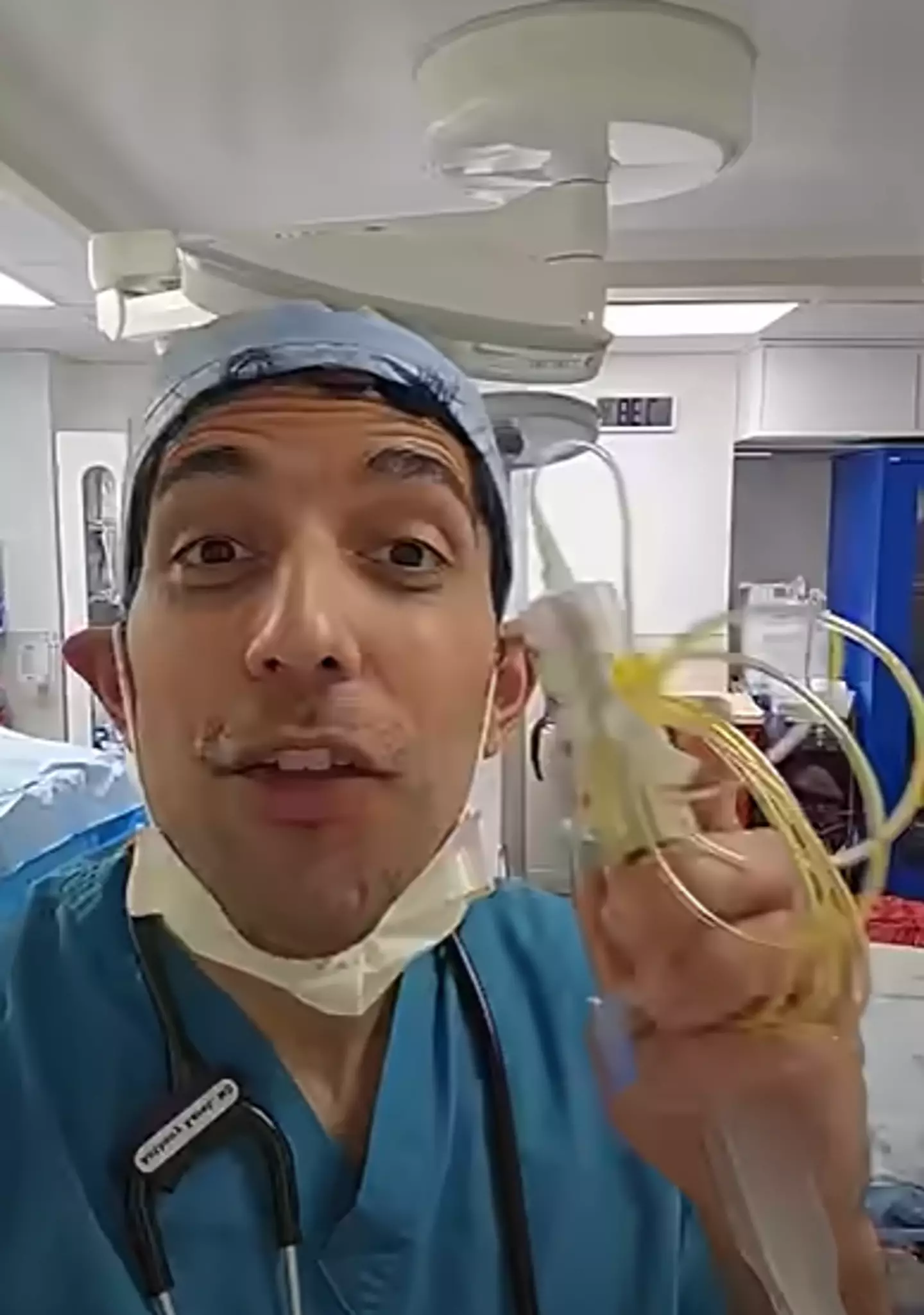
The doctor explained how the drug works (@MedicalSecrets / YouTube)
According to an expert, it doesn’t put you to sleep at all.
From the YouTube channel, Medical Secrets, the aesthetician explained in response to a commenter claiming that it isn’t a sleep drug, that it’s actually a lot different than many people think.
He began: “You are absolutely correct, anaesthesia is not sleep on that table back there.”
He explained: “We give you medication that turns off your brain, making you completely unconscious so you can’t perceive pain.
“Then we give some medications that paralyse your body if needed, then we also give some medications to wipe your memories so that you’re less anxious and so that we minimise the risk of PTSD under anesthesia.”
That’s crazy.
What he said is true.
According to the National Institute of Health: “Despite the many similitudes, it is clear that anesthetic-induced unconsciousness is not sleep.
“There are some fundamental physiological differences present that suggest that the two states are not as close neural correlates as is often described.”
While it’s cool to think about the science behind it and the difference between being drugged and being asleep, it’s also absolutely horrifying, and viewers agree.
One person wrote: “Sounds so much more scary when you describe it that way.”
Another said: “You’re giving me anxiety rn describing this!”
Someone else agreed: “This is actually more horrifying.”
“This very very true!! Being under is so weird …. First you’re counting …then boom you are in recovery… 4-6 hours only felt like 4-5 minutes!,” commented another.
For others, it didn’t go that smoothly and they have some issues about surgery now.
A person shared: “This is TRAUMATIZING! After my 1st open heart surgery my brain woke up before my body so I could hear my mother in the surgeon and my doctors in the room with me but I was not able to move any part of my body move my head over my eyes nothing it was absolutely mortifying!
“The ventilator was breathing at a different rate than my natural body was trying to. This lasted over an hour. True meaning of being stuck in your head and this is a TRUE story.”
Featured Image Credit: @MedicalSecrets / YouTube
Topics: Health, Weird, YouTube, Science

None of us are completely sure about what happens when we eventually kick the bucket.
Frida Kahlo memorably hoped for a ‘joyful exit’ and to never return, while Alfred Hitchcock put it best when he said, ‘one has to die to know exactly what happens after death’.
Whether you’re intending to knock on heaven’s door, worrying about the possibility of being banished in hell, or riding on the hopes of reincarnation, we all often wonder what comes next.
It seems that our bodies may be more aware of what’s going on than a lot of people realise – especially our brains.
Take a look at this:
But although the information is fascinating, it has left a lot of people feeling extremely ‘freaked out’ about the prospect of death.
TikToker and podcast host Jade, better known online as @jade.loves.crime, managed to spook a lot of social media users when she shared her ‘fun death fact’ online.
She began: “Did you know that when your heart stops and you clinically die, your brain keeps trucking and appears to know that you’re dead?”
I think I speak for a lot of us when I say no Jade, I did not.
The content creator explained that the most energy-consuming organ humans have doesn’t just go kaput when we die.
Clinically speaking, the body is considered dead when the heart stops beating, but the brain – the mastermind behind everything – keeps running for a few minutes, according to research from the University of Western Ontario in 2017.

Getty stock photo
As part of their report, the researchers found that brain wave burst had continued ‘following the cessation of both the cardiac rhythm and arterial blood pressure’, suggesting that the brain might continue to function briefly after death.
Now, obviously, this depends on how you die – if you pass away from a head injury for instance, it’s likely the brain is going to shut off much quicker.
But if you die from a heart problem, for example, your brain sticks around for a bit, as a few studies have shown.
Still, that’s not the strangest part, as ‘modern science has allowed for some fascinating studies, these studies have shown that your brain has enough juice after death to continue firing for up to seven minutes’.
According to New York University: “Evidence now suggests that if left alone, the cells of the brain die slowly over a period of many hours, even days after the heart stops and a person dies.”
Whatever the time scale, everything basically points to the fact that our brains keep churning for a while.
Jade went on to say: “In fact, there have been recorded cases where people have been able to intelligently communicate after their heart stopped beating.
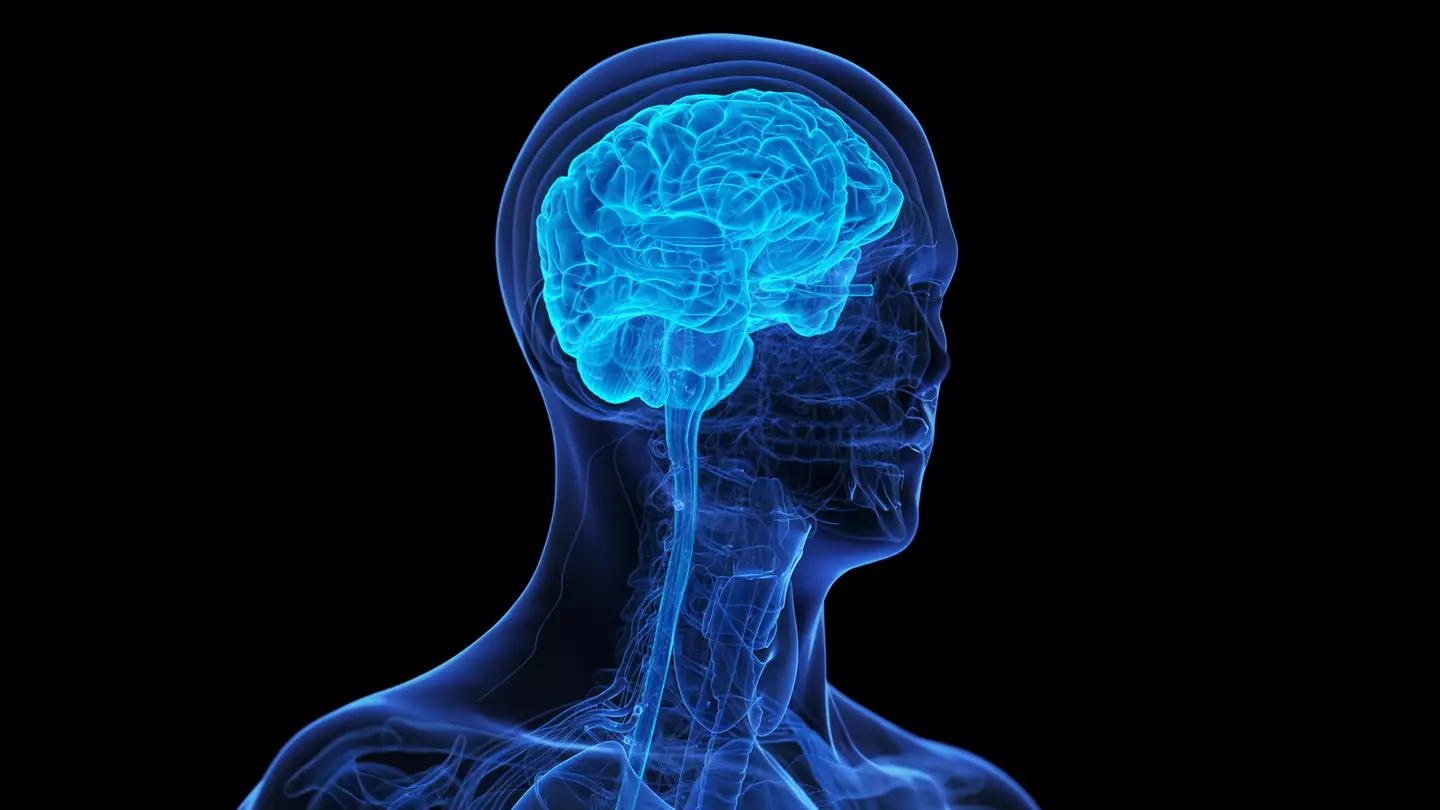
Sebastian Kaulitzki/Science Photo Library
“Think of it like anaesthesia, that medicine just hit your IV but you have a few seconds to speak before the lights go out.”
But she did remind people that this doesn’t mean ‘you’ll be aware’ of what’s going on.
“You might have around 6-11 seconds where you are but then the brain is on its own,” she added. “It’s the last worker – to stay late, close up shop and shut off all of the lights. It’s remarkable how the body and brain just knows how to die.”
Although the news might provide some source of comfort to some people, the overwhelming majority would have rather gone on without knowing.
One person commented: “This is probably the most feared thing you have said. Nobody wants to know you’re dead.”
Another said: “So our brains kinda sit there like ‘welp, now what?'”
A third added: “Well, that’s terrifying.”
A fourth wrote: “It’s oddly comforting to know my mom at least knew she was gone.”
And a fifth likened the process to technology, saying: “It’s kinda like a computer after you click shut down and the monitor goes black the actual computer is still slowly shutting down.”
Featured Image Credit: Getty Stock Images
Topics: Weird, Health, Science, TikTok
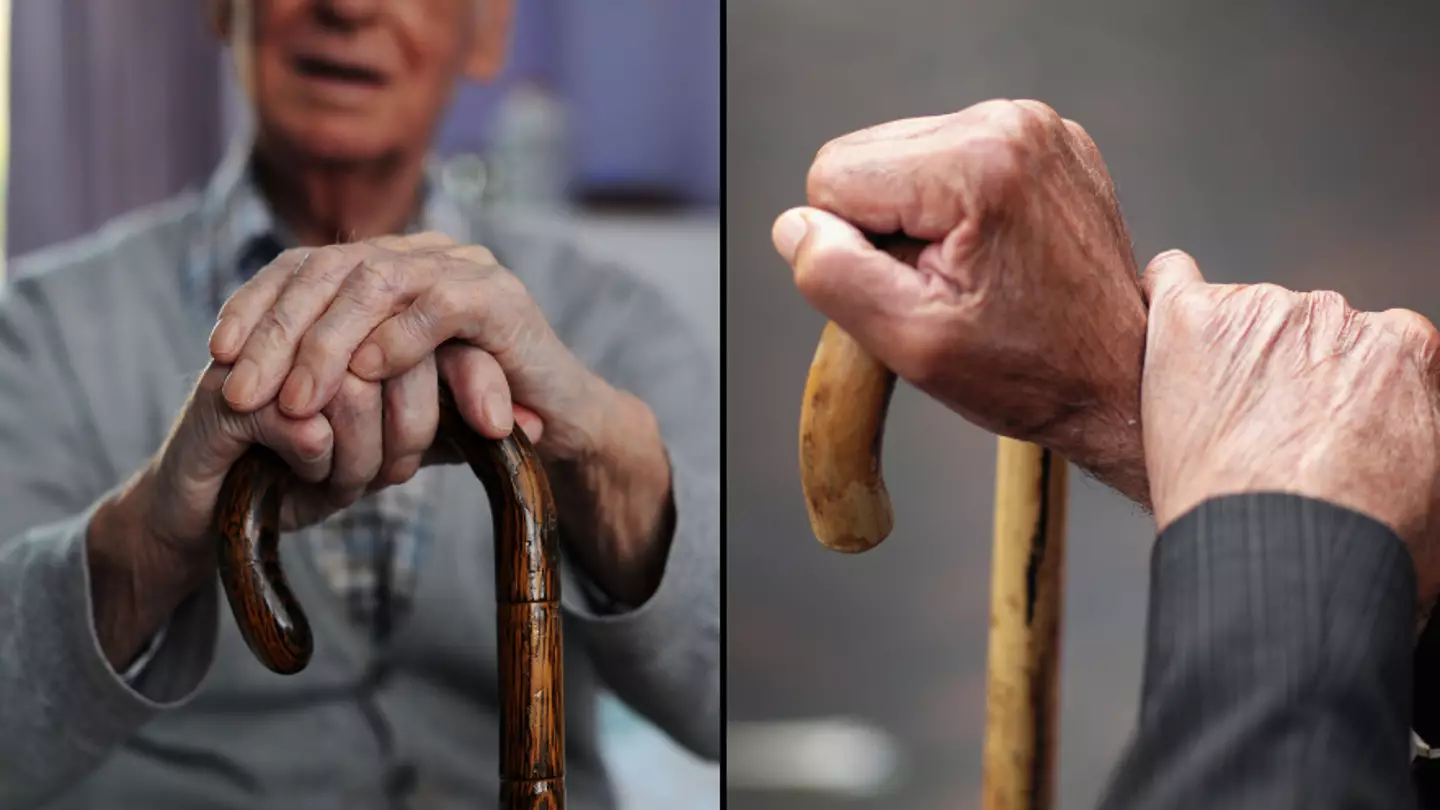
A new decades-long study has revealed the exact age that you’re officially old.
That’s right, now you can know when you should be slathering on your anti-wrinkle cream, buying your cane and resigning yourself to spending your days watching shows about antiques.
The new study from the American Psychological Association surveyed 14,056 German residents.
Participants were asked the exact age they would consider someone old eight times over a 25-year period to see how their perceptions change as they age.

The age we officially turn old might not be what you expect. (Getty Stock Images)
The data collected confirmed that middle-aged and older adults believe that old age began much later in life, but younger people thought it happened earlier. No surprises there, then.
When they were 65, study participants born in 1911 believed that old age begins at around 71.
However, when those born in 1956 took the same question when they were 65, said that old age begins at 74.
So, there’s a slight shift throughout the 40-ish years of when people think we get old.
At the age of 64, the average participant thought that old age started at 74.7.
But, when they were then 74, they said old age started at 76.8.
I guess nobody wants to think they’re old.
While women thought that old age started later than men did, healthy people also believed that it started later than those who felt lonely often or suffer from ill health.
I mean, we all know that ageing is a complicated process, but surely, we should all have the same idea of when old is old.
The study’s author, Dr Markus Wettstein, commented: “Perhaps the onset of old age is postponed because people consider being old to be an undesirable state.”
For sure.
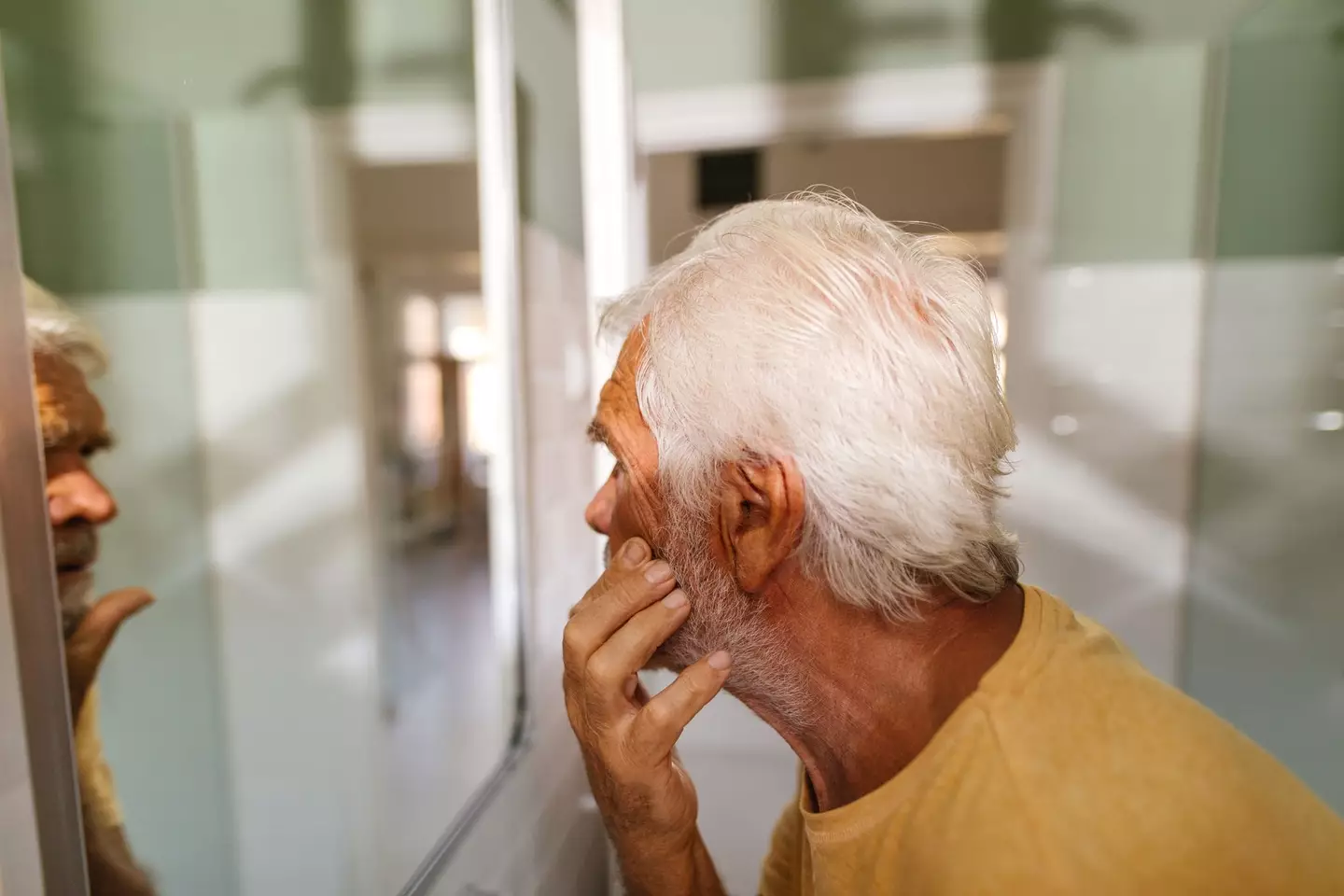
It turns out we just keep moving the number depending on how we feel. (Getty Stock Images)
But that’s not the only age-related study that’s been done this year.
Another study found that the molecules and microbes in people aged between 25 and 75 shifted more at certain times in the participants’ lives.
This led them to believe that the ageing process rapidly spikes during two key points.
The research paper titled, ‘Nonlinear dynamics of multi-omics profiles during human ageing’ got right into the science of it all.
It was determined that the ages of 44 and 60 are the most likely time periods where age-related changes start to take place more rapidly.
“We’re not just changing gradually over time. There are some really dramatic changes,” Prof Michael Snyder, a geneticist and director of the Center for Genomics and Personalized Medicine at Stanford University and senior author of the study, told the Guardian.
“It turns out the mid-40s is a time of dramatic change, as is the early 60s – and that’s true no matter what class of molecules you look at.
“I’m a big believer that we should try to adjust our lifestyles while we’re still healthy.”
Featured Image Credit: Christopher Furlong/Getty Images/Matthew Horwood/Getty Images
Topics: News, Science, Weird
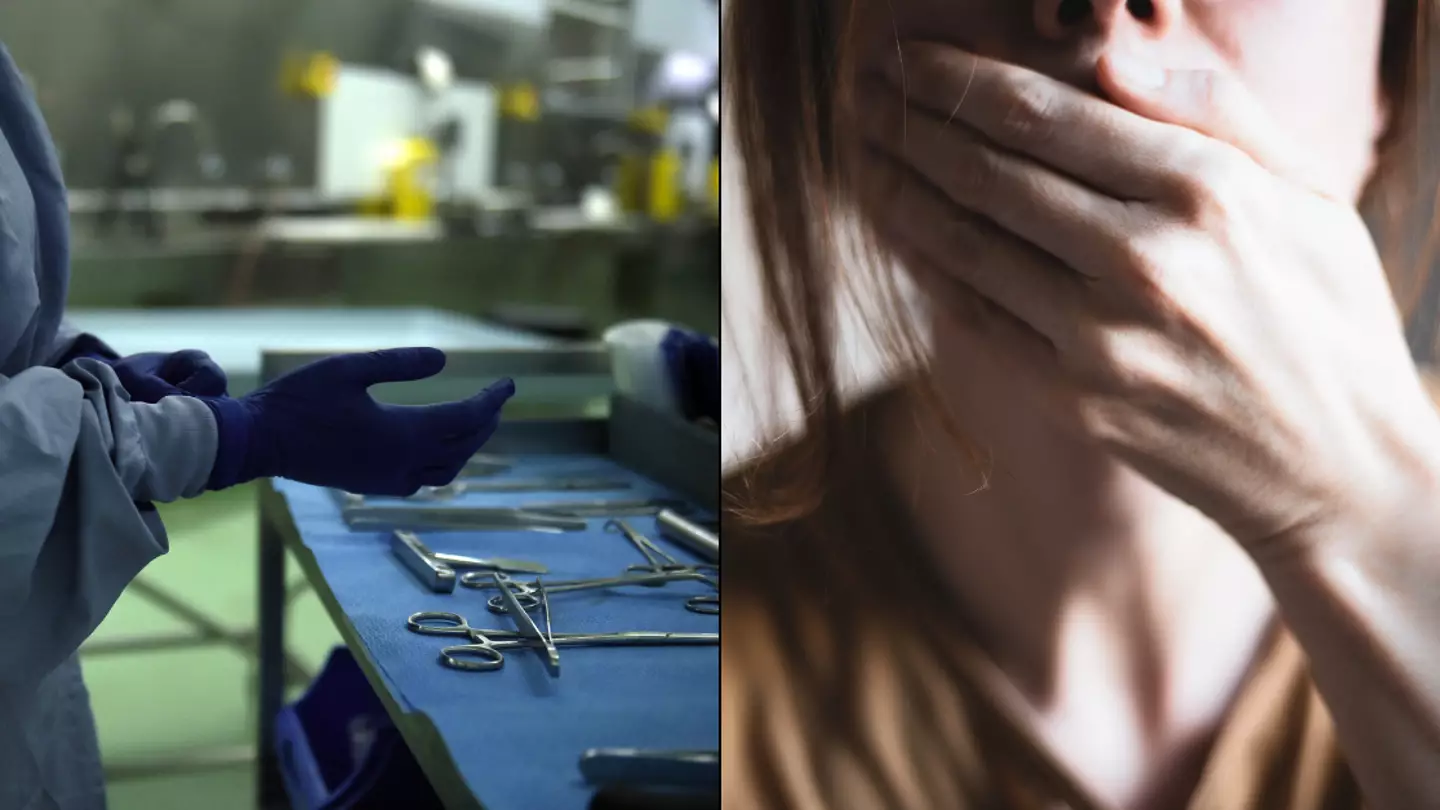
An autopsy technician who answers people’s morbid questions on TikTok has made a shocking revelation that has left viewers running scared.
It definitely turned my stomach at the thought of it.
Death is inevitable and it’s the one thing we all have in common.
No matter how many veggies we wolf down with our dinner or how many marathons we run, we all sadly end up in the same place.
One thing many people didn’t realise we also had in common was the removal of one of our body parts and, it is pretty gross to think about.
Gerald Ledford is a pretty popular autopsy technician who helps shed light on any and all burning questions people have about what happens to your body when you die.
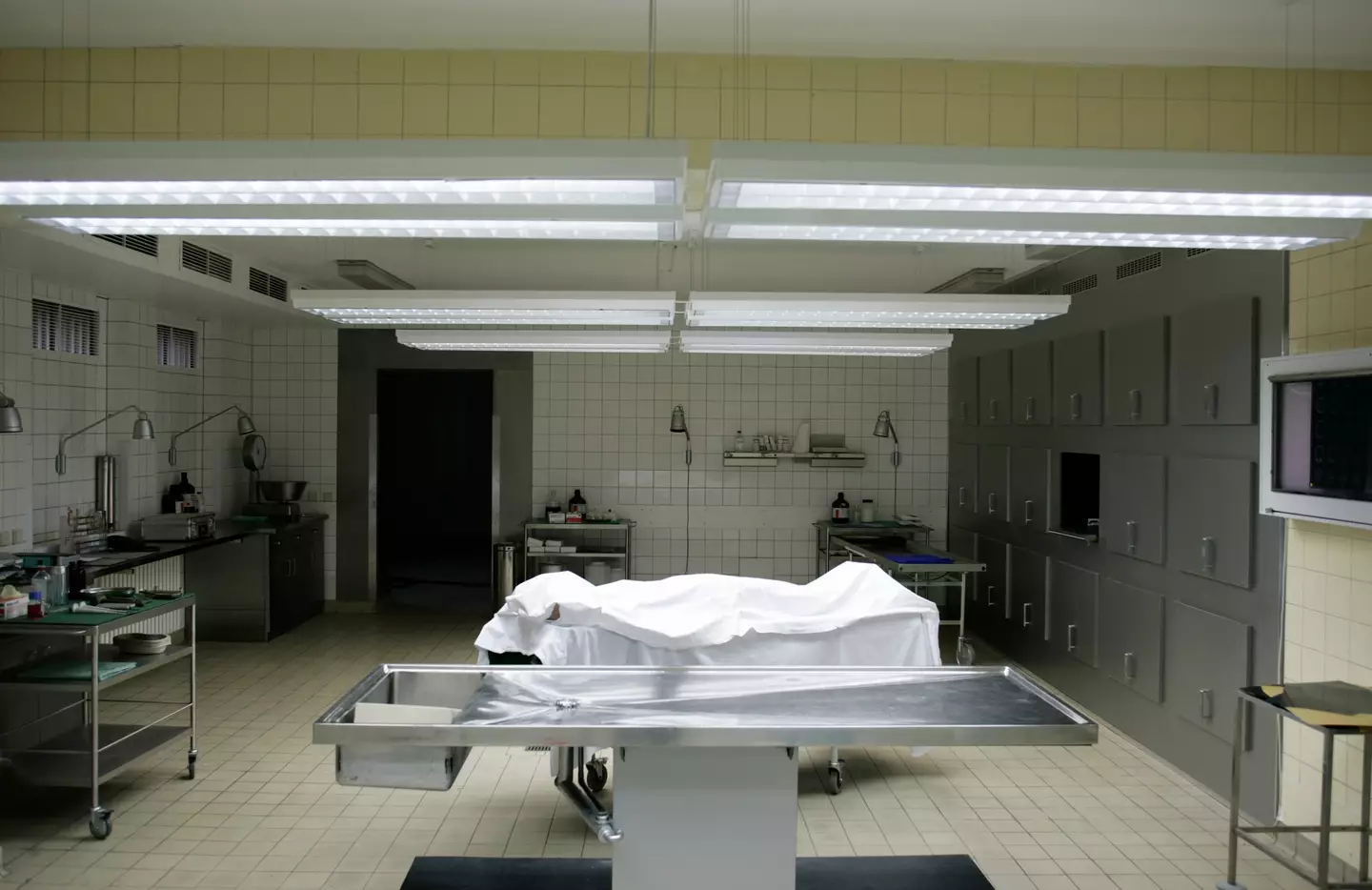
No one wants to end up here now they know what goes on at that table. (Team Static / Getty)
Being an autopsy technician, Ledford certainly has the authority on that and takes to TikTok to debunk a few myths while also revealing all the secrets of his profession.
With a whopping 1.4 million followers, as much as people might fear death, it’s safe to say they’re pretty curious about it too.
Posing a slightly random thought to Ledford, one follower asked what happens to your piercings when you die, and I have to say, as someone with piercings, this isn’t something I actually ever thought about.
The person asked because they expressed they want their piercings to remain with their lifeless corpse.
Sure, why not?
Ledford explained: “The only one that I take out is your tongue ring.”
OK Ledford, but why?
Sadly, it’s not because he doesn’t like the look of them, oh no.
It’s because if your corpse happens to end up on Ledford’s autopsy table, he’s going to remove your tongue – and yes, you read that right.
Don’t worry though, because Ledford isn’t some crazed tongue collector, this is actually a common occurrence in autopsies.
“I remove your tongue during an autopsy – we need to make sure you didn’t bite down on it, make sure you don’t have drugs in the back of your throat,” he said.
“So if you have a tongue ring, that one comes out, but nipples, nose, ears, eyebrows, private parts…”
See, no need to be alarmed.
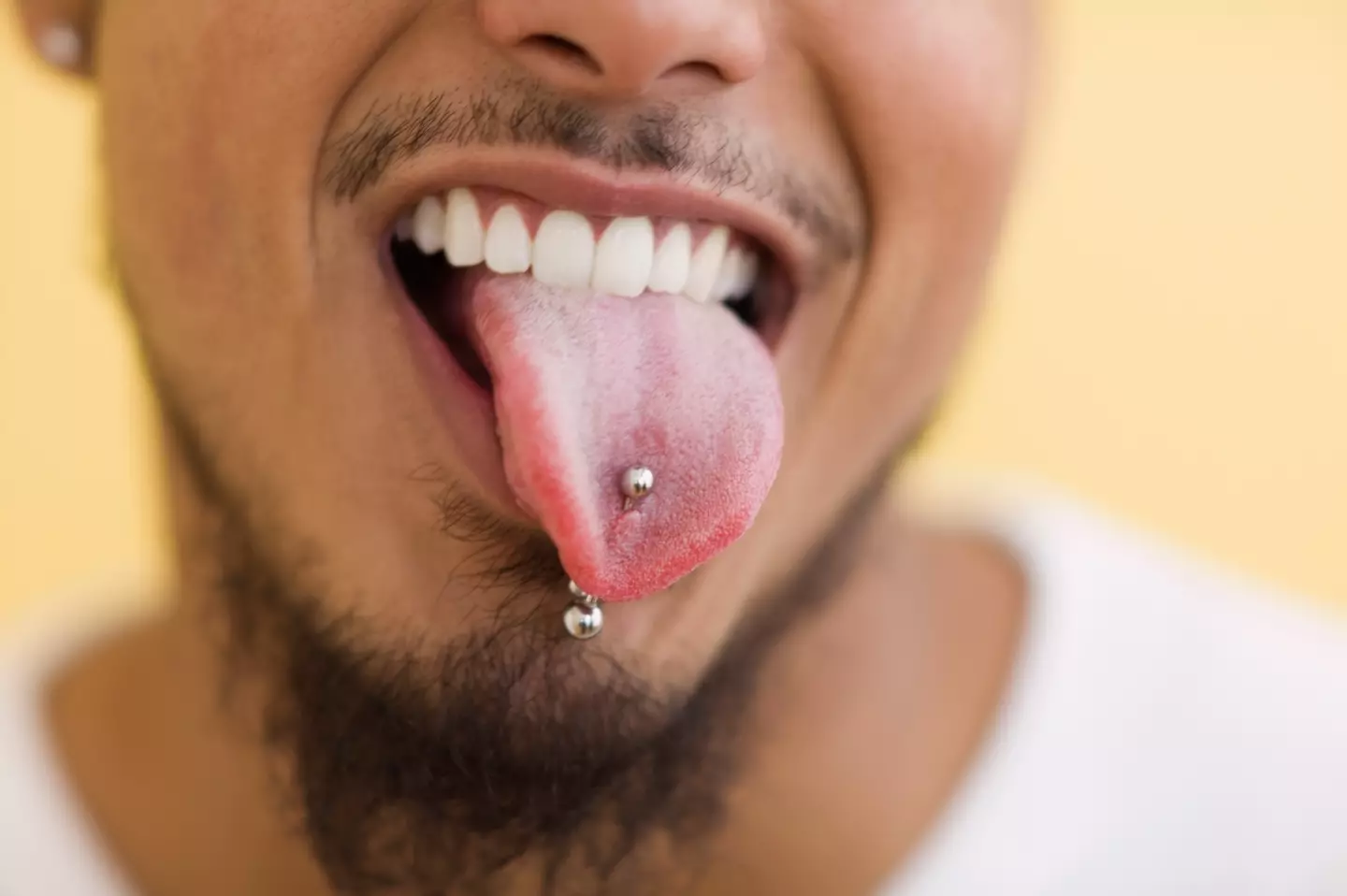
Say goodbye to your tongues (Jose Luis Pelaez Inc / Getty Images)
Ledford explained the importance of this is to ensure it doesn’t interfere with any forensic procedures.
Turns out though this isn’t actually common knowledge and as you can imagine, people had a fair bit to say about this rather unsettling revelation.
One person said: “Just decided I won’t be dying,” and honestly, same.
Another added: “Wait what? everyone’s tongue is removed.”
Some more morbid users asked exactly how the tongue is removed, while another demanded to know: “Do we cut all tounges? Where do they go? Are there a tongue pile somewhere?”
To those people I say, please don’t ask questions he might actually answer.
A final, much more logical person, questioned: “All of us freaking out at the thought of our tongues being removed…after we are dead!”
Yeah, they kind of have a point there…
Featured Image Credit: Getty Stock Images
Topics: Health, TikTok, Viral, Weird, Science

Women have been shocked to discover something about the male body that blokes would consider pretty normal.
Everyone who’s ever made it far enough in life to be capable of reading these words has had a wee, and if you’re a man then you’ve definitely had to ‘shake it out’ at various points in your life.

Getty Stock Photo
The tap might have been turned off but there’s still going to be a few dribbles of liquid left in and around the pipe that would be better deposited in the toilet rather than cling to your ding-a-ling like a damp parasite.
Even worse is if you finish attending to your business and your tool is brought back behind the safe covering of the trouser, only for those last few drops to dribble out and leave the end of your sausage damp trapped against a damp spot in the cloth cage that is underwear.
That’s why it’s always safer to shake it out and make sure it’s all gone before packing up your trip to the toilet.
A bunch of women are learning this for the first time thanks to a Reddit thread which asked that vital question: “What biological fact about the other sex did you not know until quite recently?”
It turns out that one of the most popular answers to this query was the knowledge that ‘guys control their urethra from the base of the penis’ and ‘not the tip’ as they might have expected.
That’s right ladies, the menfolk are not pinching their tips between thumb and forefinger for precise control of the pee stream.

Getty Stock Photo
Biologically speaking, the urethra is shorter on a female body than it is on a male one as for women it’s about three to four cm and runs from their bladder to open in front of the vagina.
In the male body the urethra is around 20 cm and goes through the prostate to the tip of the penis, but the control is at the base.
Naturally this information came as quite a shock to women who were learning it for the first time as some declared their ages in disbelief at making it this far in life without learning this biological fact.
However, quite a lot of men learning this fact about their own bodies for the first time were also extremely shook, rather like their penis after having a wee.
Think about it fellas, if you’re having a pee and for some reason want to hold it in and stop the stream you control that from the base of your dingle-dongle, not the tip.
Several shared the top tip that blokes wanting to make sure the hose is empty before putting it away should push on the perineum, which in layman’s terms is the bit between your bits and your bumhole.
This will help… dislodge any liquid still left in the pipe which is just waiting for you to put your thing away before staining your undies.



